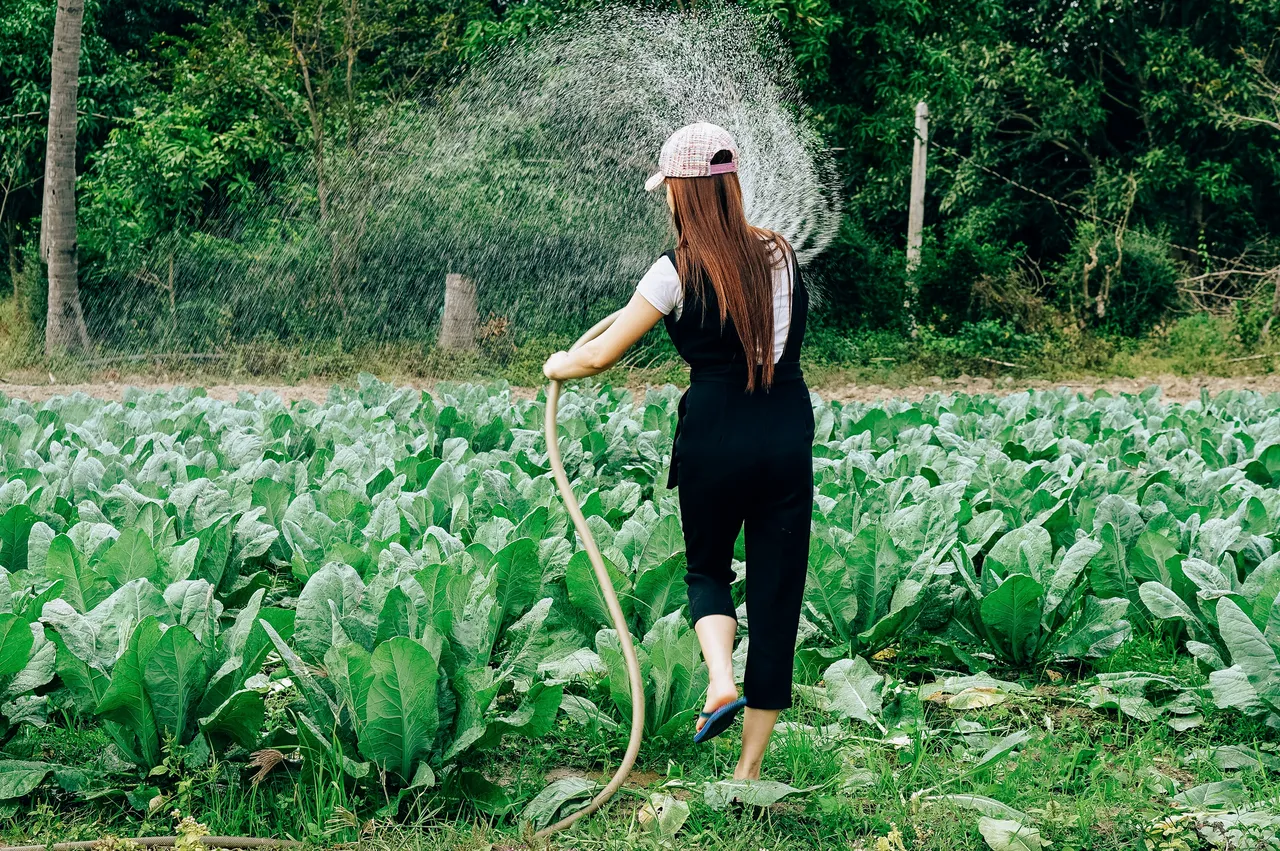
Image info
The Secret World of Soil: Understanding Its Role in Plant Health and Growth
Soil is often overlooked in the gardening world, yet it plays a vital role in the health and growth of plants. Did you know that a single tablespoon of soil can contain billions of microorganisms that help cycle nutrients and support plant life? This complexity highlights the importance of soil as the foundation of your garden, much like a solid base is critical for a sturdy building. Without healthy soil, plants struggle to thrive, leading to poor growth and increased vulnerability to pests and diseases. In this article, we will explore the intricate world of soil, its composition, types, and the significant role it plays in nurturing plant life.
Understanding Soil Composition
Soil is a complex mixture made up of minerals, organic matter, air, water, and living organisms. Each component contributes to the overall health of the soil and, consequently, the plants that grow in it. The minerals provide essential nutrients, while organic matter, such as decomposed plants and animals, enhances soil structure and fertility. Air and water are vital for the survival of soil organisms, which help break down organic matter and release nutrients for plant uptake.
A balanced soil composition is important for plant health. Healthy soil typically contains a mix of sand, silt, and clay, which influences its texture, drainage, and nutrient retention. When this balance is disrupted, plants may struggle to access the nutrients and moisture they need to flourish.
Soil Types and Their Impact on Plant Health
There are several types of soil, each with unique characteristics that can significantly affect plant health. Sandy soil drains quickly and may require more frequent watering. While it allows for good aeration, it often lacks nutrients. Plants like succulents and certain herbs thrive in sandy soil due to its drainage properties.
Clay soil retains moisture and nutrients but can become compacted, making it difficult for roots to grow. It often requires amendments like compost or gypsum to improve drainage and aeration. Vegetables such as carrots and potatoes can struggle in clay but can thrive with proper amendments, such as adding organic matter to enhance structure.
Loamy soil, a balanced mix of sand, silt, and clay, is often considered ideal for gardening. It holds nutrients and moisture well while providing good drainage. Most garden plants, including flowers and vegetables, thrive in loamy soil.
Understanding the type of soil in your garden is key for effective management and plant selection.
The Importance of Soil Health
Healthy soil serves as the foundation of a thriving garden. It impacts everything from how well plants can absorb nutrients and water to their resilience against diseases and pests. Healthy soils support a system of nutrient cycling, driven by microorganisms that decompose organic material into usable forms for plants.
Moreover, healthy soils enhance root growth, improve water infiltration, and increase the soil's ability to hold water. Studies have shown that improved soil health can boost crop yields significantly, with some reports indicating increases of up to 30%. This means that plants grown in healthy soil are more likely to flourish, producing bountiful yields and vibrant foliage.
Common Soil Problems and Solutions
Despite its importance, many gardeners face common soil-related issues that can hinder plant growth. Nutrient deficiencies often manifest as yellowing leaves and stunted growth. To remedy this, consider adding organic fertilizers or compost to replenish nutrients. A soil test can help identify specific deficiencies, ensuring you address the right issues.
Soil compaction limits root access to air and water. To alleviate compaction, avoid working the soil when it's wet, and consider aerating it to improve structure. Using a garden fork to aerate compacted areas can be effective, allowing roots to access necessary resources.
Waterlogged soil can suffocate roots, so improving drainage is important. Incorporate organic matter like compost and create raised beds to elevate plant roots above saturated soil. Installing drainage tiles can also help manage excess water, ensuring roots remain healthy.
Soil pH affects nutrient availability. Testing your soil's pH and amending it as needed with lime to raise pH or sulfur to lower it is important. Most garden plants prefer a pH between 6.0 and 7.0, where nutrients are most accessible.
The lack of organic matter can lead to reduced fertility. Regularly adding compost or well-aged manure enhances soil structure and nutrient content. Aim for a 25% organic matter content for optimal health, which can significantly improve plant growth.
Practical Tips for Maintaining Healthy Soil
Maintaining healthy soil is an ongoing process that requires attention and care. Regularly testing your soil to monitor nutrient levels and pH will help you make informed decisions about amendments. Incorporating compost, leaf mold, or well-rotted manure can improve soil structure and fertility.
Practicing crop rotation each season prevents nutrient depletion and reduces pest buildup. For example, following heavy feeders like tomatoes with nitrogen-fixing crops like legumes can enhance soil health and replenish nutrients.
Using organic mulch retains moisture, suppresses weeds, and adds nutrients as it decomposes. Additionally, minimizing soil disturbance helps maintain its structure and the beneficial organisms that inhabit it.
Conclusion
Understanding the secret world of soil is vital for any gardener looking to cultivate a thriving garden. By recognizing the importance of soil health and addressing common issues, you can create an environment where plants can flourish. Remember, healthy soil leads to healthy plants, and with the right practices, you can ensure your garden remains vibrant and productive. Start your soil health improvement project today and watch your garden thrive!
This article was developed using available sources and analyses through an automated process. We strive to provide accurate information, but it might contain mistakes. If you have any feedback, we'll gladly take it into account! Learn more

